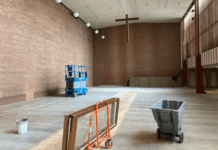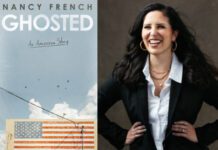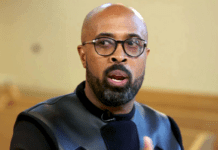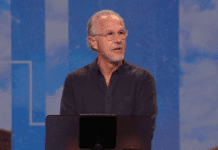The bill was originally introduced in 2019 and then amended in 2020 to include an exception for any “confession or confidence” made to clergy in their “professional character as spiritual advisor.” The bill still clarifies that clergy who learn about potential abuse in any other context would be subject to the mandatory reporting requirements, even if they also learned about the abuse in a confessional setting.
The amended bill passed in the Assembly in 2020 by a huge margin, with 141 in favor and 0 against. The bill hasn’t yet been brought to a vote in the Senate, however.
“I don’t think there’s been outright opposition. It’s just more of, there hasn’t been a sort of groundswell of advocacy,” explained Wallace. “Once the Child Victims Act passed, the concerns that drove that issue died down a little bit. But from my perspective, it’s really important to move something like this through.”
On Monday (Jan. 30), the CARE Act was reintroduced in both the New York state Senate and Assembly. Both houses committed the bill to the Committee on Children and Families. Wallace says the bill may have to be approved by other committees before it comes to the floor again, but she hopes the bill will be voted on before the session concludes this summer.
RELATED: Probe: Catholic Church in France Had 3,000 Child Abusers
The Rev. Judith VanKennen, pastor of Emmanuel Congregational United Church of Christ in Massena, New York, told RNS she fully endorses the bill.
“I serve as a pastor in the United Church of Christ, and we have a robust process for processing claims of clergy sexual abuse and other misconduct. We hold it sacred, the responsibility of providing a place of safety and accountability.”
The Rev. James Galasinski, minister of the Unitarian Universalist Church of Canton, New York, was surprised when he learned clergy weren’t mandated reporters already. “I just assumed I was, and I didn’t check,” he said. “My ministry is run with that assumption.”
Galasinski said he sees the benefit of having clergy as mandated reporters, especially when churches lack other mechanisms of accountability. However, he expressed concerns that expanding the list of mandated reporters could have unintended consequences.
In October, an investigation by NBC News and ProPublica questioned whether mandatory reporting actually limits child abuse. It examined the impact of sweeping mandatory reporting laws passed in Pennsylvania in 2014 and found that the reforms led to an influx of unfounded reports that clogged child protection agencies.
“The vast expansion of the child protection dragnet ensnared tens of thousands of innocent parents, disproportionately affecting families of color living in poverty,” NBC News and ProPublica reported.
“You read about families being broken up, and the trauma of these investigations,” said Galasinski. “I think an average clergyperson who wants to do what’s right might overreport. … Then what happened in Pennsylvania could happen — the system is overflooded. What if the system can’t respond to the ones that are really important, that they should respond to?“











